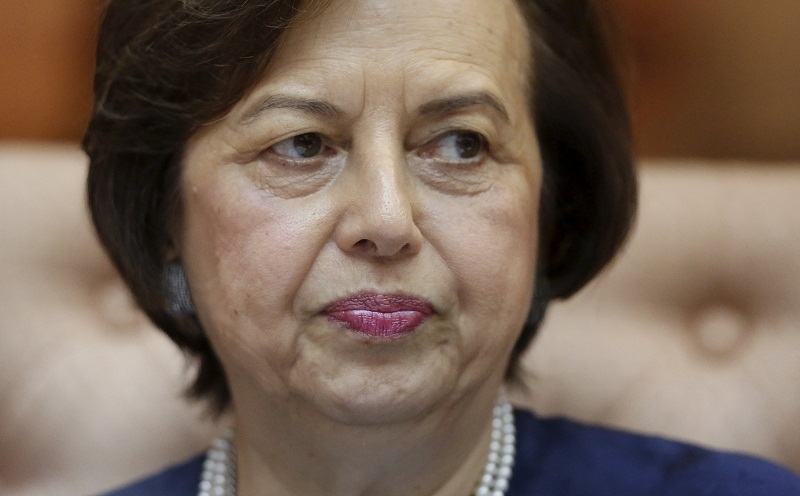KUALA LUMPUR, Sept 17 ― Though the country is not undergoing an economic crisis now, Malaysians must change the way they live and spend as the slowdown is expected to last a while, Bank Negara Malaysia governor Tan Sri Dr Zeti Akhtar Aziz has said.
She affirmed that the economic outlook was not hunky dory with the ringgit still weak against the greenback, driving up prices of some goods and services, but suggested there were ways to tackle rising living costs if Malaysians were willing to adjust.
“For individuals, they need to learn how to conserve and economise, and they have to replan how they should live in this environment,” she told News Straits Times in an exclusive interview published today, adding that Malaysians can no longer live the way they did before and must better manage their finances.
“Instead of going abroad, they should explore the opportunities available in own our country. Domestic tourism has many exciting offerings.
“Or, explore educating their children here in Malaysia. There are many good universities here,” she said, also adding that they could seek out available assistance offered to those with children studying abroad.
Other options such as courses for the technical or services sector could also be considered instead of getting a university degree, she said.
Zeti also said Malaysians facing difficulties with their loans can seek out advisory services from the Credit Counselling and Debt Management Agency (AKPK) and banks to restructure their debts.
She said BNM had also always advised businesses that the good times will not always last and that they have to build up buffers and their own resilience during these profitable periods to ride out the hard times.
In the interview, Zeti said Malaysians with savings will be able to ride out this period that she described as “challenging”, but also cautioned that they will have to adjust to living within their means and manage their finances well.
Zeti refrained however from calling Malaysia’s current economic situation as “doom and gloom”.
“No, it isn’t doom and gloom, but we are not portraying a picture that everything is fine. We are experiencing a highly challenging period that we have so far been able to manage. And therefore the private sector and consumers must also learn to manage this kind of environment,” she said.
She disagreed that Malaysians are headed for harder times, acknowledging however that the challenging economic conditions are likely to persist for some time.
“We are not heading towards a crisis in our country, and the reason why I can confidently say this is because we have had growth of about five per cent for several years now,” she said, adding that Malaysia has a strong financial system and high foreign reserves levels.
She also cited Malaysia’s strong economic fundamentals ― including a current account surplus, low unemployment rates, high savings levels and relatively low foreign debt ― which she said would allow the country to “ride out this rough period and bounce back to a better economic performance”.



















